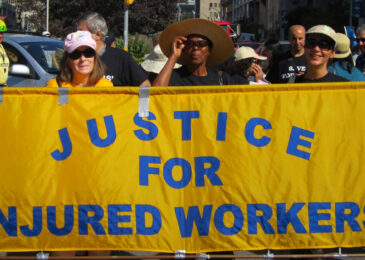Mount Saint Vincent University intends to cut 100 part-time instructor contracts this fall, says post-secondary education coalition
Mount Saint Vincent University is cancelling contracts with its part-time instructors, causing either fewer courses to be taught or sections of courses to be combined. We spoke with Scott Stewart, Chair of the alliance that’s raising the alarm.










